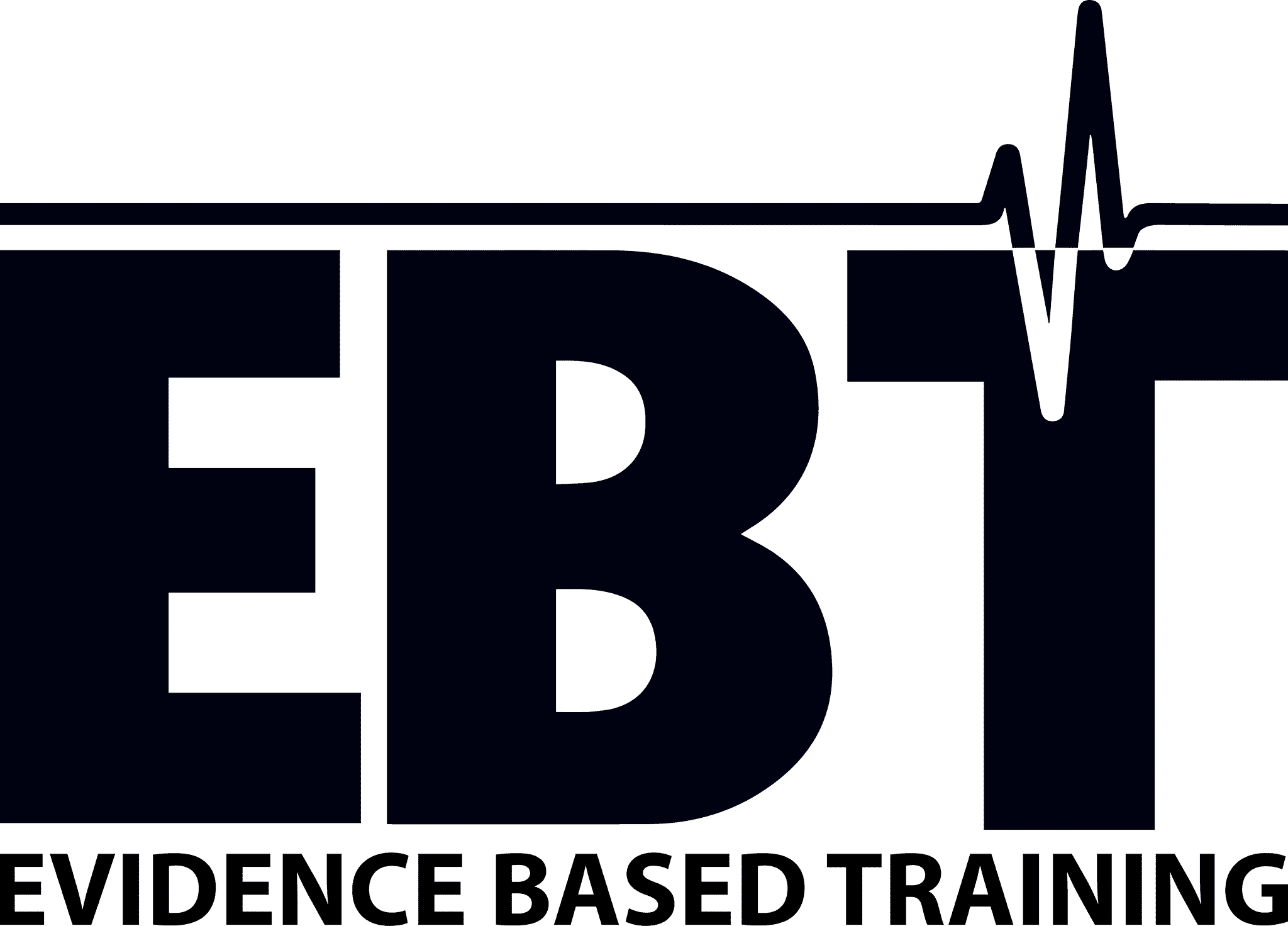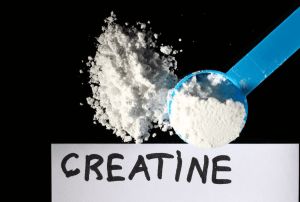It’s time for another look into the potential effects of intermittent fasting. This time it is the “leangains” method that is up for scrutiny, and it seems to hold up really well. How does intermittent fasting affect muscle mass, body fat and hormone levels? Let’s find out!
Most studies on intermittent fasting have used animal models but data on humans keeps increasing. Animal studies can help us understand how things work (mechanisms), but “real world” effects need to be verified in studies on humans. So, in today’s article the authors randomly assigned 34 males to either intermittent fasting or “normal” eating while following doing the same exercises for a period of eight weeks.
Diet
The fasting group had a 16h fasting and an 8h eating window (The “Leangains” method). They were instructed to eat meals at 1 PM, 4 PM and 8 PM while the “normal” setup had meals at 8 AM, 1 PM and 8 PM. Dietary intake was reported using a food diary and they had weekly contact with a dietician.
Training
The enrolled males where regular gym goers and had been resistance training for at least five years before participating. Both groups followed a 3 day training split, with at least 1 day rest between workouts, for eight weeks. Exercises were classic gym exercises such as bench press, leg press, lat- pulldown and so forth. Three sets of 6-8 repetitions at 85-90% of 1 RM with repetitions performed to failure, and 3 minutes rest between sets. Training was performed between 16.00- 18.00 (i.e. when both groups were “fed”) and was supervised. So all in all, a good training set up.
Results
A significant decrease in fat mass was observed in the fasting group (-16.4% vs -2.8% in the normal group). Fat free mass was similar in both groups, both adding a bit less than one kilo. Both groups increased their 1 RM in bench press and leg press and increased their cross sectional area of thigh muscle and arm muscle (however, small changes and not statistically significant).
Some more things noted in the fasting group:
- Hormones supporting muscle building (testosterone and IGF-1) decreased.
- Blood sugar and insulin levels decreased significantly.
- A hormone promoting fat breakdown (adiponectin) increased
- A satiety hormone (Leptin) decreased
- Active thyroid hormone (T3) decreased, but thyroid function (TSH) was unchanged.
- Some less important blood fat levels (triglycerides) decreased. The more important blood cholesterol levels (HDL and LDL) did not change.
- Inflammation markers (TNF-alfa and IL-1B) decreased.
- Carbon dioxide breathed out compared to oxygen breathed in (respiratory quotient) tended to decrease.
Don’t get hung up on the hormonal changes in the list above. These are just pieces of the puzzle and the important thing is if we see effects on weight, fat free mass, muscle mass and disease. The latter wasn’t studied here, but the former was. Goes to show that you can’t just look at one hormone and draw conclusions.
Take Home Message
The main findings of the study were that the participants enrolled in the intermittent fasting setup were able to maintain muscle mass, reduce body fat and reduce inflammatory markers. The fat mass difference is explained by that fact that the fasting group ended up eating around 200 calories less per day compared to the normal group. (2800 kcal vs 3000 kcal). So once again we can see that fasting seems to make staying in a caloric deficit easier, and in that sense helps promote fat loss.
The drawbacks were that the anabolic hormones; testosterone and IGF-1 was reduced; it is unknown what this means in the long run. In the present study it did not seem to have any adverse effects.
Sources:
- (DOI): 10.1186/s12967-016-1044-0
Article by team EBT member @jonasliefke, 4th year Medical Student, BSc Physiotherapy. www.jonasliefke.com







